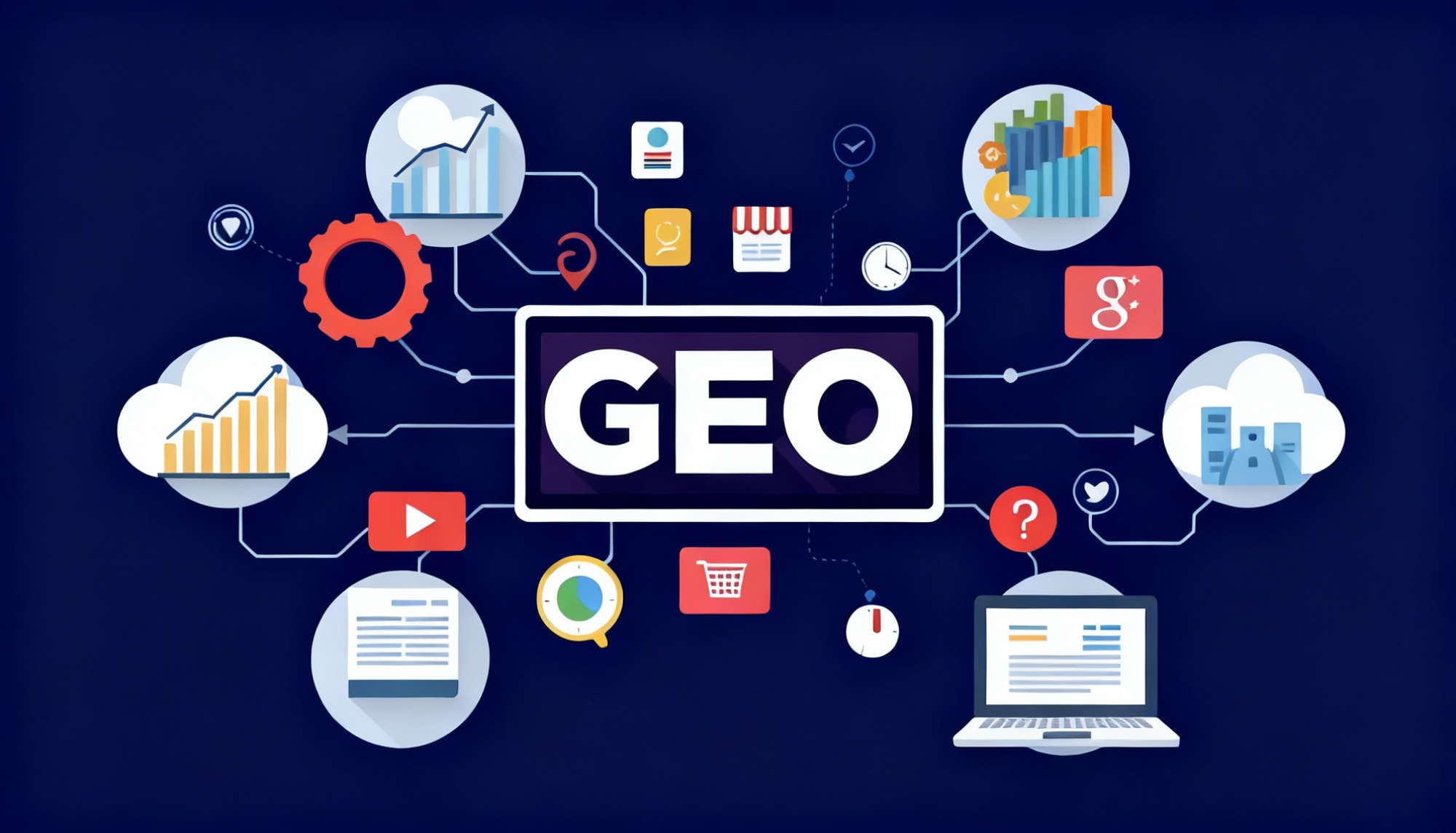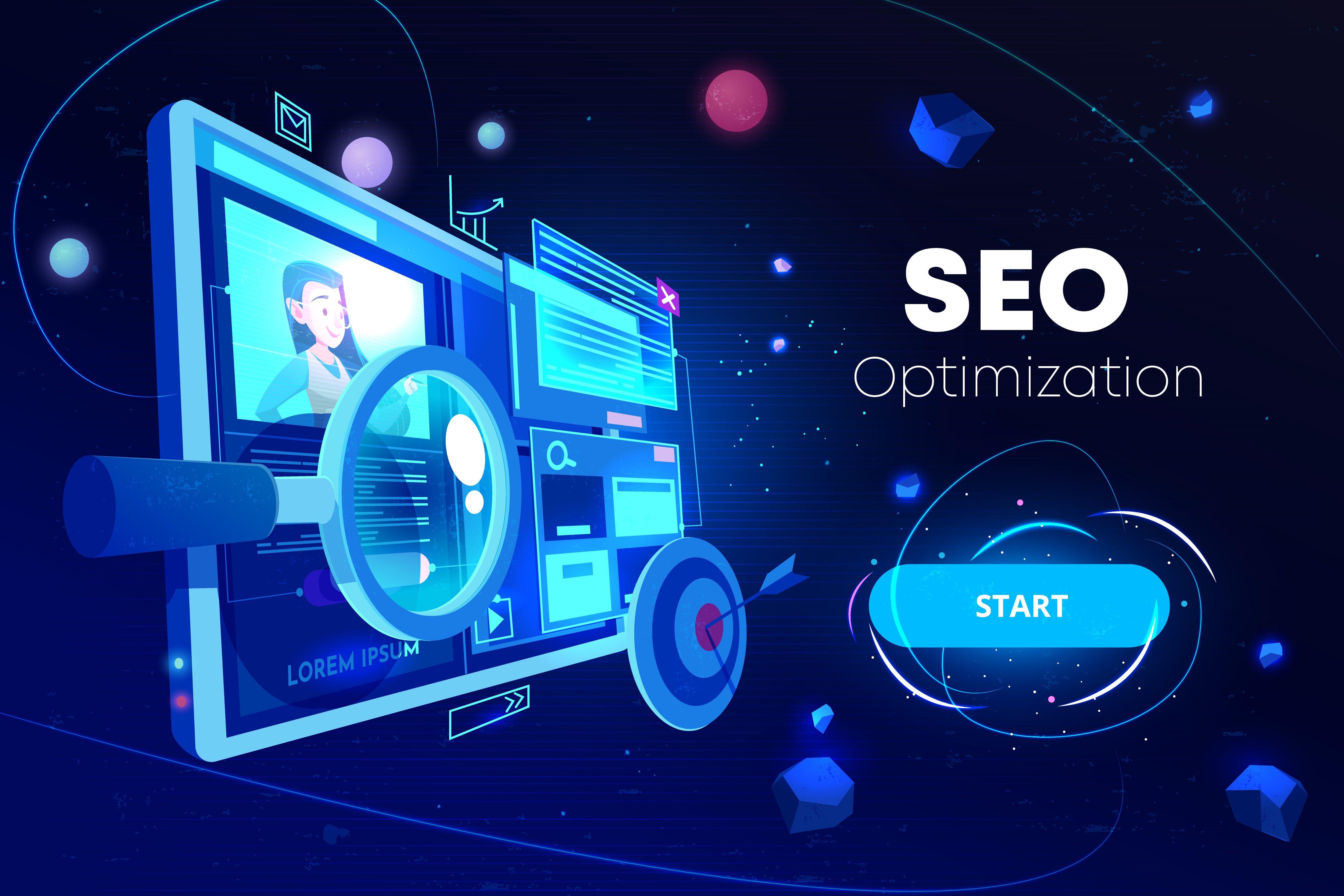Google rolls out various algorithms throughout the year which is crucial for the SEO and Digital marketing industry.
While some core updates are vital, some might be less important. One of the major google’s algorithm update was the BERT update in 2019.
BERT or Bidirectional Encoder Representations from Transformers is a natural language processing algorithm used to reduce ranking penalties for websites that use short snippets of text in their content.
Soon after the Google BERT algorithm update, there were massive SERP volatility and fluctuations in the Google search rankings. BERT has brought a lot of changes. In a way, it has created an AI-powered SEO for search engines.
The BERT update in 2019 is just one of how artificial intelligence is can incorporate into SEO and digital marketing practices.
One of the buzzwords that we hear too often after the BERT release is the NLP or Natural language processing.
As the name suggests, NLP is related to natural language texts.
It has been observed that people use natural language more often in their search queries, compared to the exact phrases they are searching for.
So, how does NLP play a significant part in search engine optimization?
This article will further help you find the role of NLP in SEO and its importance?
What is NLP?
NLP or Natural language processing is a field of study that deals with the development and use of computational systems to understand human language.
NLP has various applications like translation, sentiment analysis, search engine optimisation, and customer service.
The NLP or Natural Language Processing algorithms are trained on millions of examples to learn patterns that distinguish between different words and phrases.
With the help of NLP and a machine learning process like artificial intelligence (AI), you can build powerful algorithms that help you understand what people are searching for on the internet.
What is SEO?
Search Engine Optimisation (SEO) is a type of Internet marketing strategy that uses specialised techniques to improve the visibility of websites in search engine results pages.
In simple words, SEO is the combination of mathematical formulas and semantics that makes your website visible on top rankings or SERPs.
Search engines rely on various metrics such as the use of keywords, high-quality content and the appropriate.
With the improvements in search algorithms quality, people are focusing on creating more natural content and aligns with the user intent.
For this purpose, Search engines are getting more and better at understanding what people want to find online, thanks to AI linguistic technology within them.
How do NLP & SEO go hand in hand?
SEO aims to get your website in the top ranking spots for certain keywords.
Basically, NLP & SEO work to improve the user experience when the visitors land on your page. The use of natural language incorporated with the focus keyword help search engines understands the relevance of the content.
NLP is used to make content more readable for search engines, which help them understand what people are looking for on the internet.
It also helps with semantic search, which deals with keywords and phrases people would be using when they want to find the information on your website.
This is especially important for long-tail searches where people will type in all kinds of variations of what they're looking for.
How are search engines using Natural Language Processing?
Search engines use NLP and machine learning to help in the understanding of what people are searching for. All the credit goes to the AI linguistic capabilities that generate conversational queries.
They can detect synonyms, common phrases, and word usage to make a more accurate search. This allows you to improve your site's ranking in SERPs or on top of the results page for a particular keyword.
For example, if you have a website about golfing equipment, using NLP algorithms can help you understand what people are searching for on the internet.
Using NLP to create content is also very important in SEO. It helps you find the best way to describe your products, services and products in a natural language so that humans and search engines can easily understand them.
The rise of voice search featured snippets, and other on-page optimisation techniques make the content on your website more natural and relevant to search engines.
These can be used to help you improve your ranking on SERPs. The use of NLP is the best way to create content that will benefit both humans and search engines.
Does NLP help improve SEO?
Yes, NLP helps improve your site's SEO in many ways. It can help you create content that is more relevant to search engines and will help increase the number of visitors to your website.
According to the information we can find on Google's blog, 15% of search queries are used for the first time.
People have been using more and more long tail searches in order to find an answer especially with voice activated devices such as smartphones where there is often no way or another input besides speaking out loud!
Google can't read your mind and has no way of knowing what you mean when you type in a phrase.
It is very literal in its search algorithms, so it doesn't really know how to rank sites based on the words people are using to find said site.
While this sometimes leads to poor results for users, having to wade through all kinds of content to find what you are looking for.
However, this is where the power of NLP shines.
NLP can help out in various ways when it comes to optimising content and your website. The google search algorithm has come up with a few strategies that they use to rank websites higher than their competition.
One thing that all these strategies have in common is that they are based on context.
Using NLP can also be used to rank for specific keywords on SERPs, which will help you gain more visibility. Natural language processing and semantic annotations help machines understand what people are saying. They add layers of information to the content that is being published in a workflow.
Below, we have shared some examples and use cases that can help improve SEO in tandem with NLP.
Semantic Search
NLP helps with semantic search, which deals with keywords and phrases people would be using when they want to find the information on your website.
This is especially important for long tail searches where people will type in all kinds of variations of what they're looking for.
It also helps with search intent, which is another way to rank websites higher than their competition. This means that it's not only about the structure of the content but also how people will be using it and what they will use into that content when trying to find it on Google/SEO.
Structured Data Markup
Search engines such as Google and Bing use structured data markup to understand the content on your website. They allow you to add metadata about your site, which can help improve its SEO.
For example, if you have a blog that covers various topics like personal finance or travel and tourism, you can add your content as structured data.
This will help search engines understand the topic and help them to better index your content on SERPs. Search engines can generate the entities from the structured data, which will make it easier for them to understand your content.
Now, you need a tool like Alchemy from IBM or the Bing APIs to generate the entity from your content for the search engines.
Internal Linking using NLP and SEO
If you are planning to create a website, then you need to consider how it will be linked internally. If your content is not easily accessible and there are no internal links, then this will make it difficult for search engines to index your site.
A strong interlinking of the relevant webpages can enhance SEO to a much greater extent.
With NLP and entity extraction algorithms , you can easily generate the entities from your content and make it easy for search engines to understand what your site is about.
The machine learning algorithms that are used to generate the entities can be trained using structured data that is present on your website.
This will help in understanding the topic of your content, which will ultimately improve SEO.
Using the extracted entities that the NLP detected, you can create a content with a contextual background and also helps readers to find the content easier and understand it better.
10% of the searches we make are to help us better understand things that don't know well. These usually go to Wikipedia or can be answered directly with NLP's knowledge graph panels, which provide information right away without having you jump elsewhere in your article
Finding TF-IDF
One way to accomplish this is by identifying what people are looking for in the context of your website.
It means that you will want to find relevant terms and phrases through TF-IDF (Term Frequency - Inverse Document Frequency).
The process works by looking at the common words used in a wide variety of content on your site. It helps you to identify the unique words that are only found in your content.
These are phrases and terms people would use when searching for information like yours. The more specific you get, the better are the chances that the search engines will understand relevancy of your content to the main keyword.
How can NLP help with search intent & long tail searches?
Putting yourself in your user's shoes is a great way to make sure that you're giving them exactly what they want. In order to do this, it's good practice to think about how people talk.
In real conversation, we often don't use full sentences or correct grammatical structures when talking to someone else.
People will often just say a few words because they understand the context of what's being said.
This is why it's important to consider search intent when doing your keyword research.
It means that you should make sure people are looking for exactly what they want and not just something relevant to their search term.
How to use natural language to directly affect SEO?
So what exactly is Natural Language?
It's the way that humans naturally communicate. To directly improve SEO, it's important to use language that others understand and respond to.
Here is how to use the natural language:
Quick Search
The first way to use natural language and improve SEO is by directing your visitors quickly and efficiently.
For example, if you run a restaurant near the beach in the Eastern United States, it's helpful for visitors to see that on your site when they search for restaurants on the East Coast.
This way, instead of them having to rephrase their searches, they can direct their searches quickly and efficiently.
When people search for things on Google or other search engines, they expect to find what they're looking for. The more effective the natural language, the better off your webpage will do in search engines.
For example, if I was searching for restaurants near me, I would expect to find pages that are near my location.
Search in right direction
The second way that you can use natural language is by directing your visitors in the right direction. For example, people search for restaurants with certain types of food or atmosphere instead of searching for restaurants located at a certain mile marker on the highway.
By using this type of language, you won't have to worry about directing visitors somewhere that they don't want or need to go.
Using communicative queries
The third way is by having a tagline that speaks directly to your visitors. For example, if you're a restaurant with a delicious breakfast menu, it's helpful for people searching for a good breakfast spot near them if the tagline on your website says something like, "Everyone's favorite breakfast spot."
This is important because it lets your visitors know that they're in the right place and that they'll receive the kind of service that they were looking for.
Know the voice
The last way to use natural language and improve SEO is by having a voice on your website. Your voice is what tells your visitors and customers that you're a human and not just a website. For example, if you say "Welcome" on your page it lets your visitors know that they're in the right place, but saying "Welcome! Enjoy our delicious food" is more effective because it's personal.
Your voice can also be used to create a connection between you and your visitors. For example, if you say "We're so happy that you've decided to become our customer" it helps build a relationship between you and the visitor.
What is the future of SEO with NLP?
In the future, natural language will continue to be a major part of search engine optimisation. In fact, Google is planning on including conversational search in their next version of Search.
The future of NLP in SEO is on the rise, as technology has progressed. It has now become possible to understand how people behave, think and react. This has made it easier for marketers to create content that will engage their audience.
NLP helps you understand the audience's emotions and the way they are likely to respond to your marketing.
SEO-friendly functioning of websites in the near future will rely on the incorporation of natural language in websites. As for search engines, they will continue to use artificial intelligence and machine learning to determine what people are searching for online.
The future of SEO with NLP and Machine learning is very exciting, and it's already starting to happen. In the next few years, you'll be able to ask your website questions by speaking into your phone.
Furthermore, the future of SEO will be about creating content that is optimised for the user's specific needs and the focus will be more on providing a better user experience.
Thus, it is expected that the use of NLP and machine learning will be more widespread in the future.
Conclusion
NLP is an incredibly powerful tool for SEO. It has the potential to completely revolutionise search results. The latest advancements in the field of NLP and machine learning will continue to impact search engine results.
NLP in SEO is still in its infancy, but it is starting to become more widespread. It will continue to develop and improve, especially as more companies adopt it.
There are many opportunities for marketers to improve their SEO through the use of NLP. As the technology improves, it will become easier and cheaper to implement natural language into websites.
Hence, the use of NLP in SEO can largely contribute in increasing your online visibility and boost the revenues. In a nutshell, NLP in SEO is surely going to be part of various SEO strategies.
We hope this article has been helpful to you. If you have any questions, feel free to leave a comment below.








.webp)


